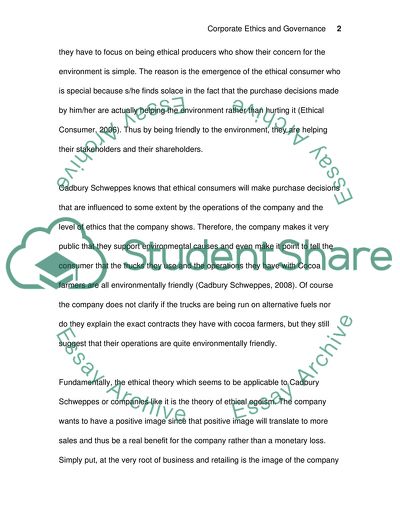Cite this document
(The Usefulness and Application of Ethical Egoism Case Study, n.d.)
The Usefulness and Application of Ethical Egoism Case Study. https://studentshare.org/environmental-studies/1711239-corporate-ethics-and-governance
The Usefulness and Application of Ethical Egoism Case Study. https://studentshare.org/environmental-studies/1711239-corporate-ethics-and-governance
(The Usefulness and Application of Ethical Egoism Case Study)
The Usefulness and Application of Ethical Egoism Case Study. https://studentshare.org/environmental-studies/1711239-corporate-ethics-and-governance.
The Usefulness and Application of Ethical Egoism Case Study. https://studentshare.org/environmental-studies/1711239-corporate-ethics-and-governance.
“The Usefulness and Application of Ethical Egoism Case Study”. https://studentshare.org/environmental-studies/1711239-corporate-ethics-and-governance.


